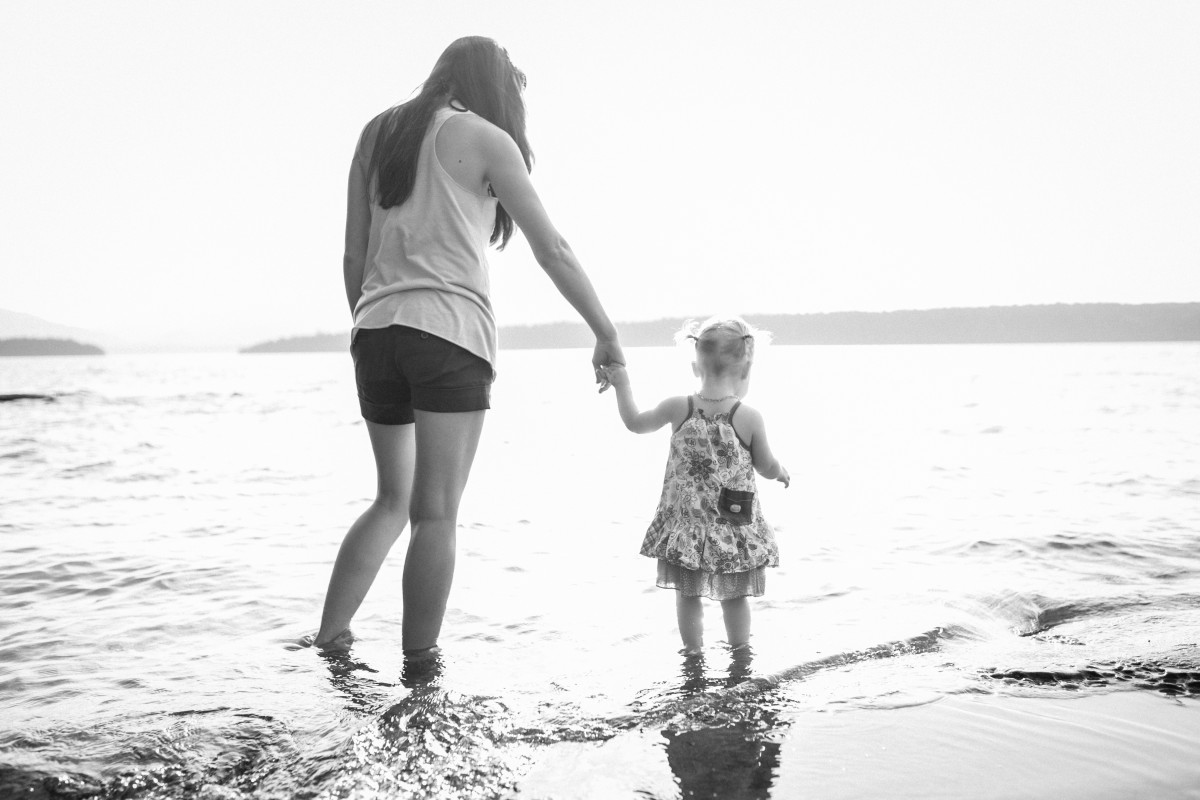
Recently this article has been all over my news feed, explaining the potential changes to the law around corporal punishment. In the current law, there are some specific cases in which it’s considered acceptable to punish children physically. If this new rule goes through, the law will be changed to simply state that children should not be hit or otherwise punished physically.
I know this is a touchy subject. For a long time it was considered good parenting practice to smack your children around when they were misbehaving, with the reasoning being that it would wizen them up. They won’t think about doing that again!
Then we started doing research, and thinking critically about spanking children. Where is the motivation for this “discipline” coming from? Why does it seem to work? What’s actually going on? Is it acceptable? It turns out it might not be the most effective solution for our parenting responsibilities.
Raising a child to be a responsible, respectful and thoughtful human being takes a lot of effort, and a lot of mental work to keep considering “what’s best – how can I teach them what is appropriate and expected?” Each specific and completely unique situation calls for unique and specific guidance. There is no easy way out, no simple one-size-fits-all approach to teach a child everything there is to know about how to act appropriately in our world. This makes providing guidance for a child challenging, yes, but tell me – what part of raising children is easy besides loving them?
The urge to hit comes from that fight or flight response to stress, which I’m sure all of us parents know all too well. The number of times I get the urge to yell, hit and chuck things on a daily basis is high, and on par for the course of parenting challenges. It’s really hard to take control of my emotions and my raging Scorpio temper to calm the funk down enough to make a difficult moment into a positive experience where we both learn how to behave in responsible and respectful ways.
Just because we’re adults doesn’t mean we’re done learning and growing.
It’s up to parents to teach their children that hurting someone else (be it mentally or physically) is never okay. It’s a parent’s job to teach their child how to take control of their emotions, and how to solve problems in a collected and effective way. I don’t feel spanking offers that learning (and the research I saw in my ECE courses agrees).
Now, I’m not here to say “You’re doing it wrong!” When it comes to parenting, we all make our own choices based on what’s best for us and our families, and the amount of stressors and responsibilities that we have to deal with every day. It’s a tough job, and likely the hardest point of your life. I’m certainly not the parent I thought I would be before I had a baby. However, I think the world could certainly benefit from more children who learn to do what’s appropriate, respectful, responsible and thoughtful because it’s the most positive thing to do, rather than to simply avoid being caught by authority figures. That’s why I want to share some positive parenting strategies with you today.
If you’re ever stuck in a situation you just don’t know how to handle, please feel free to contact me! This has been my specialty – problem solving for solutions to challenging behaviour – in much of the ECE work I’ve done in the past. If you need some guidance yourself, or simply want someone to listen and brainstorm with about how to respond when Johnny does X, please don’t hesitate to contact me. We’re all in this together!
Do you have a helpful tip or supportive story to share with parents about positive guidance strategies? I would love, love, love to hear it, and I’m sure the other parents who visit this site would, too. Please comment in the form below, or share on our FB page. And don’t forget to sign up here for a weekly newsletter to let you know what’s new on the The Big To-Do List.
*Photo Credit: Billie Woods Photography*
One thought on “Do We Need To Be Spanking Children?”
“Diffuse situations with kindness and humour” — That should be “defuse.”